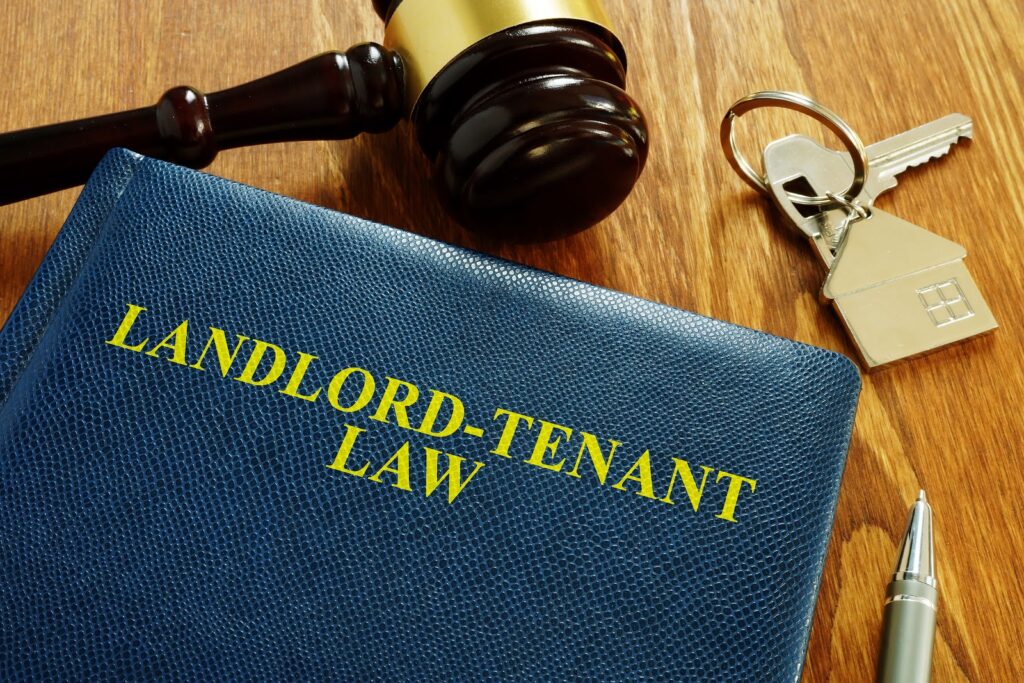All the Information You Need on Legionella Certificates as a Landlord
As a landlord, you may have heard about or been told that you require a Legionella certificate to complete certain actions. As a team of professionals accredited by CHAS, Constructionline, and SafeContractor, and with technicians who are members of the Legionella Control Association, we are confident we can help you learn all you need to know.
Here, we have provided a guide on everything you need to know about the term “Legionella certificates”, and what you are responsible for providing as a landlord to your tenants so you can reduce Legionella risk.
Request a quote
What is a Legionella Certificate?
While you may have heard of needing a Legionella certificate as a particular requirement for certain actions to take place, there is officially no such thing as a Legionella certificate. Any document called by this name would not be recognised by the Health and Safety Executive (HSE), and there is no legal requirement for landlords or property owners of any size to obtain or create one.
However, the law is clear that landlords have a legal responsibility to ensure the health and safety of their tenants by keeping the property safe and free of health hazards.

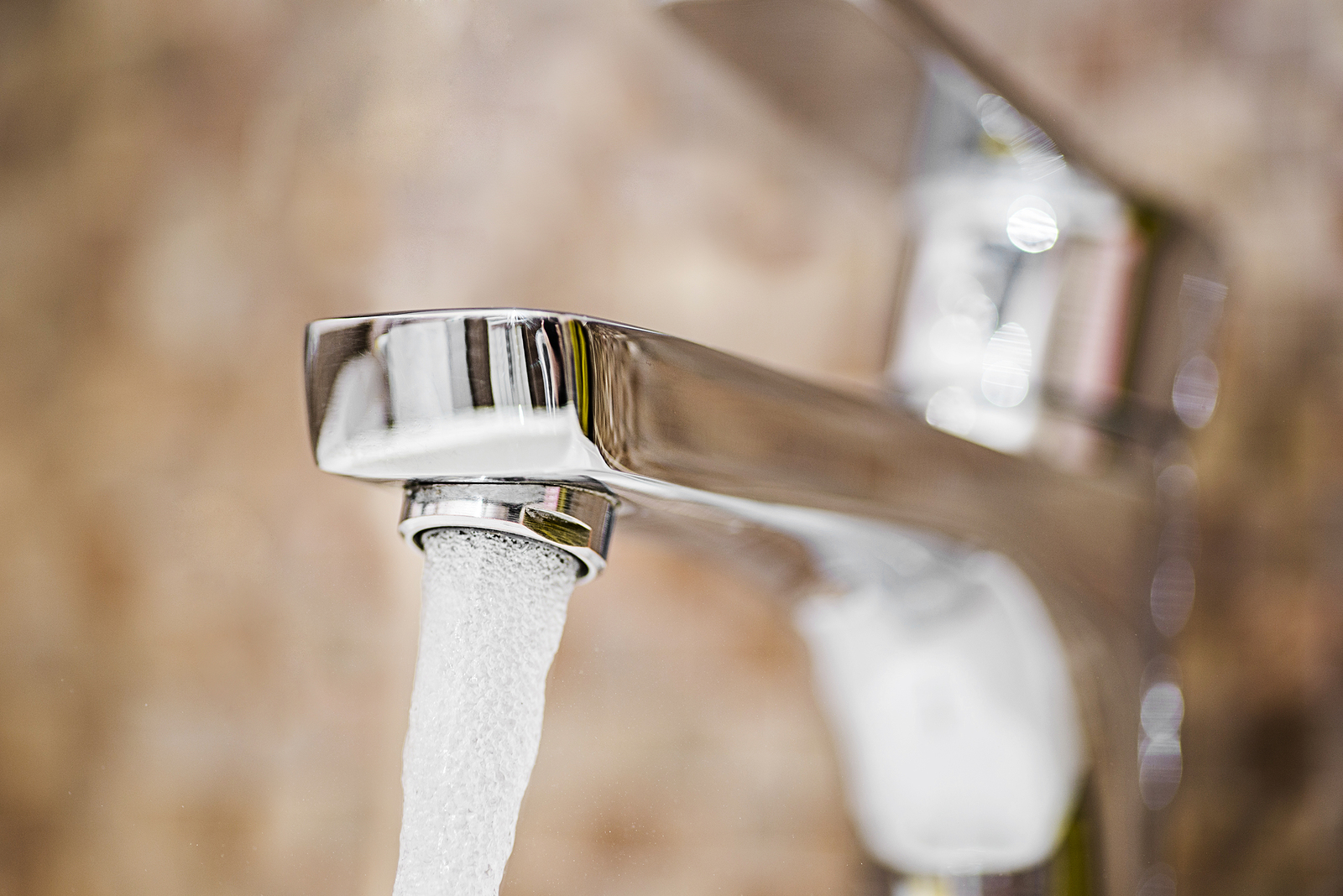
What Tenants Need to Know
According to the HSE, tenants should be advised of any control measures put in place that should be maintained. For example, if they should not adjust the temperature setting of the calorifier, or if they should regularly clean showerheads. Tenants should also inform their landlord if hot water is not heating properly or there are other problems with the system. This ensures that appropriate action can be taken.
Where showers are installed, these have the means of creating and dispersing water droplets (also known as “aerosols”) that can then be inhaled. In doing so, these create a foreseeable risk of exposure to Legionella bacteria. If used regularly, as in the case of most domestic settings, the risks are reduced, but tenants should be advised to regularly clean and disinfect showerheads. Instantaneous electric showers pose less of a risk because they are generally cold water-fed and only heat small volumes of water during operation.
Do I Need a Legionella Certificate for Anything?
Some landlords have reported being asked to provide Legionella certificates as a condition of being taken on by a letting agent. But as these certificates do not exist and no physical piece of paper that claims to be a Legionella certificate would be recognised by the HSE, there is a question of whether or not these letting agents are being completely professional with landlords.
Legionella risk assessments are legal requirements in these cases. These are mandatory, so they must be carried out, but having them completed by a professional is not a legal requirement. This means that a landlord can do the risk assessment themselves instead of hiring a professional to do it for them.
Most landlords will not need to be trained or accredited to carry out a Legionella risk assessment for their properties. This is because the actions required are often straightforward enough that compliance does not need to be overly complicated or costly. However, if an individual does not feel competent enough to carry one out, they can hire a specialist.
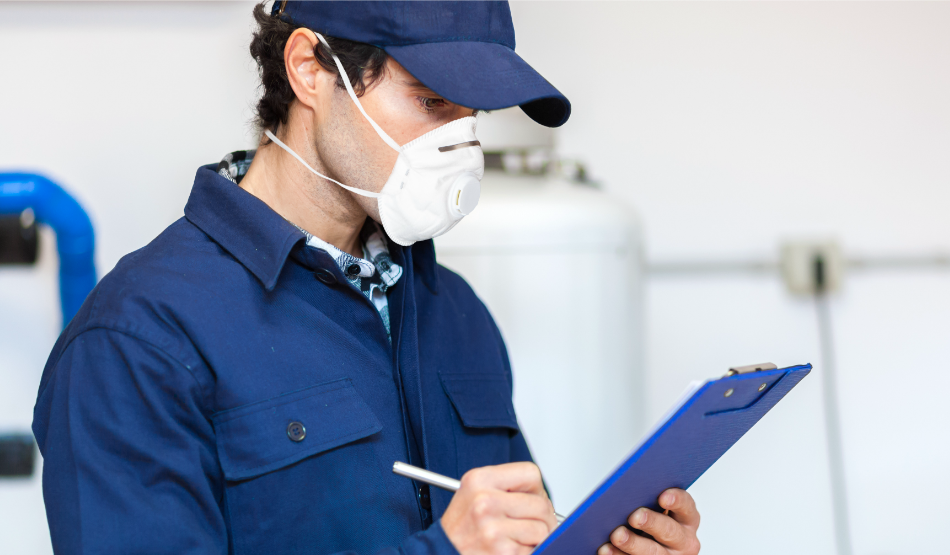
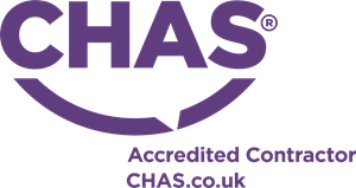
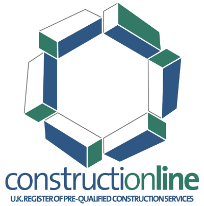
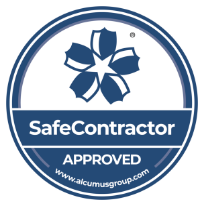
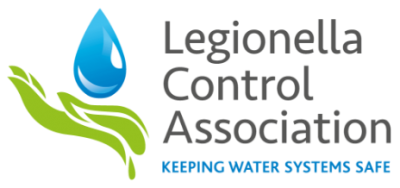
Booking a Risk Assessment With Us
If you need a reliable, experienced team of specialists to help you with full Legionella compliance and total peace of mind, contact Guardian Hygiene Services today. Our fully-accredited technicians are based throughout the UK and are ready to provide a list of Legionella services, guaranteeing safety in commercial and domestic settings.
Whether you own rental properties, hostels, or are part of a housing cooperative, you will find our services offer all you need. We will take you through every step of the process. This means you will never have to worry about what to do to reduce risk or see that risk become a reality.
Fill in one of our forms for more information and a quote or call us for these today.

